
By October 1939, the decision was reached that each division in the British Expeditionary Force (BEF) in France should have an Animal Transport Company consisting of 400 mules. Four of these companies 22, 25, 29 and 32 came from India as part of the Royal Indian Army Service Corps (RIASC) and two from Cyprus as part of the Royal Army Service Corps (RASC).
The two Cypriot RASC companies were the first colonial troops to be sent to France prior to the formation of the Cyprus Regiment. They were unarmed at this stage.
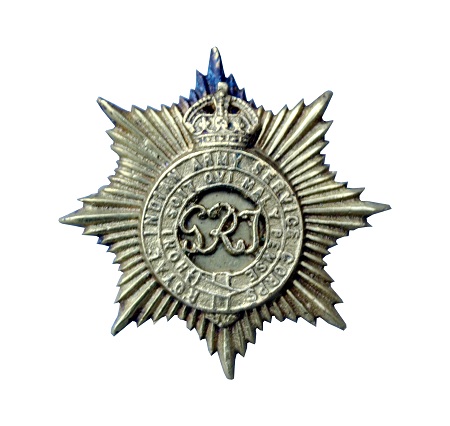

Only a few weeks later, the Indian transport companies, along with the rest of the Allied forces, were ordered towards the coast. Boulogne and Calais, despite heroic resistance, were captured by German forces. The only way to save the BEF and their support, including the Mule Companies, was to evacuate them from Dunkirk.
 The Carrier Platoon of the 8th Battalion, Worcestershire Regiment arrived at Cassel and found the RIASC Muleteers just moving out to Dunkirk; the Chateau grounds they took over from them had been bombed or shelled and 18 horses and mules killed. The English NCO in charge also handed over a meal they had cooked which was very acceptable, as they had not had anything to eat, except a few biscuits, for two days.
The Carrier Platoon of the 8th Battalion, Worcestershire Regiment arrived at Cassel and found the RIASC Muleteers just moving out to Dunkirk; the Chateau grounds they took over from them had been bombed or shelled and 18 horses and mules killed. The English NCO in charge also handed over a meal they had cooked which was very acceptable, as they had not had anything to eat, except a few biscuits, for two days.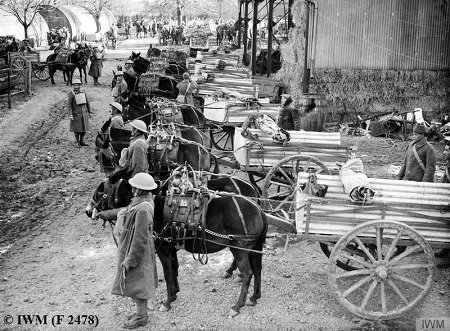
The men could not take their animals on the retreat and were very distressed at having to leave them behind, since they were much attached to them. They gave the mules away to local people in northern France.
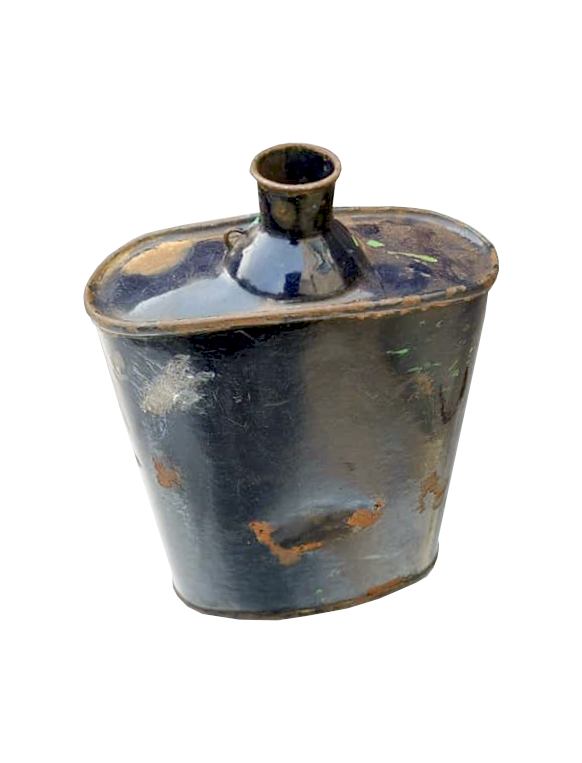
British Army Issue Waterbottle. Found in a fleamarket in the area of Dunkirk, it was produced by the Bengal Enamel Works Co, of Calcutta (1921-2004). As an official supplier to the Indian Army, it strongly suggests this would have been issued and carried by a member of the RIASC in 1940.
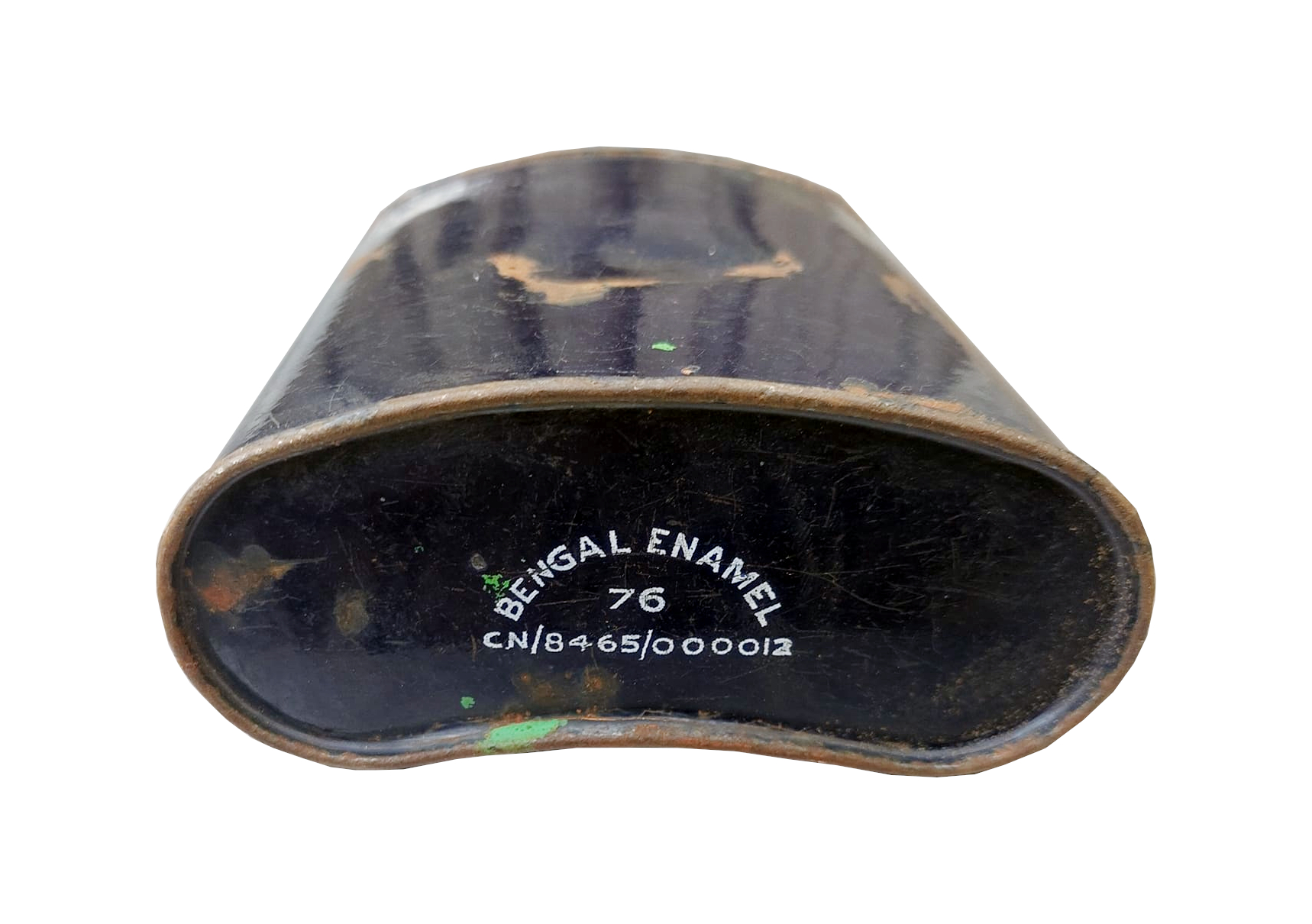 Base of the Indian made British Army waterbottle.
Base of the Indian made British Army waterbottle.Many men of the 22nd Mule Company were captured just short of Dunkirk and became prisoners of war. Some of them died in captivity.
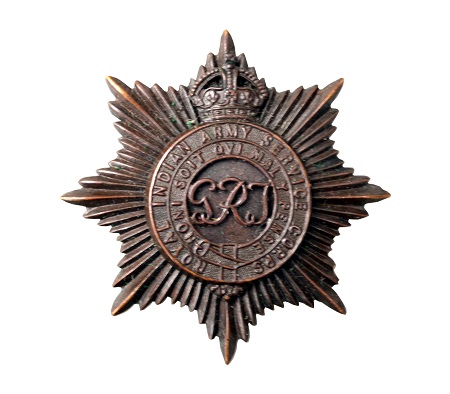 The Indian Distinguished Service Medal was the third-highest medal awarded to Indian forces after the Victoria Cross and the Indian Order of Merit. Three awards were made for services with the British Expeditionary Force in 1940. One was to junior officer Jemadar Maula Dad Khan for courage displayed in France; the citation reads:
The Indian Distinguished Service Medal was the third-highest medal awarded to Indian forces after the Victoria Cross and the Indian Order of Merit. Three awards were made for services with the British Expeditionary Force in 1940. One was to junior officer Jemadar Maula Dad Khan for courage displayed in France; the citation reads:On 24 May 1940 when approaching Dunkerque, Jemadar Maula Dad Khan showed magnificent courage, coolness and decision. When his troop was shelled from the ground and bombed from the air by the enemy he promptly reorganised his men and animals, got them off the road and under cover under extremely difficult conditions. It was due to this initiative and the confidence he inspired that it was possible to extricate his troop without loss in men or animals.'
Once safe in Britain, there was the question of what to do with the men from the mule companies. At first they were stationed in Cornwall, then moved on to various places in Wales. A number of the men died in flu epidemics and are buried in Brecon Cemetery.
Cypriot personnel were evacuated from Dunkirk, British personnel (officers and senior NCOs) were armed and formed ad-hoc units. The Cypriot muleteers were finally armed once in Britain where they took part in the defence of the British Isles against the expected invasion before they moved to the Middle East.
Back
